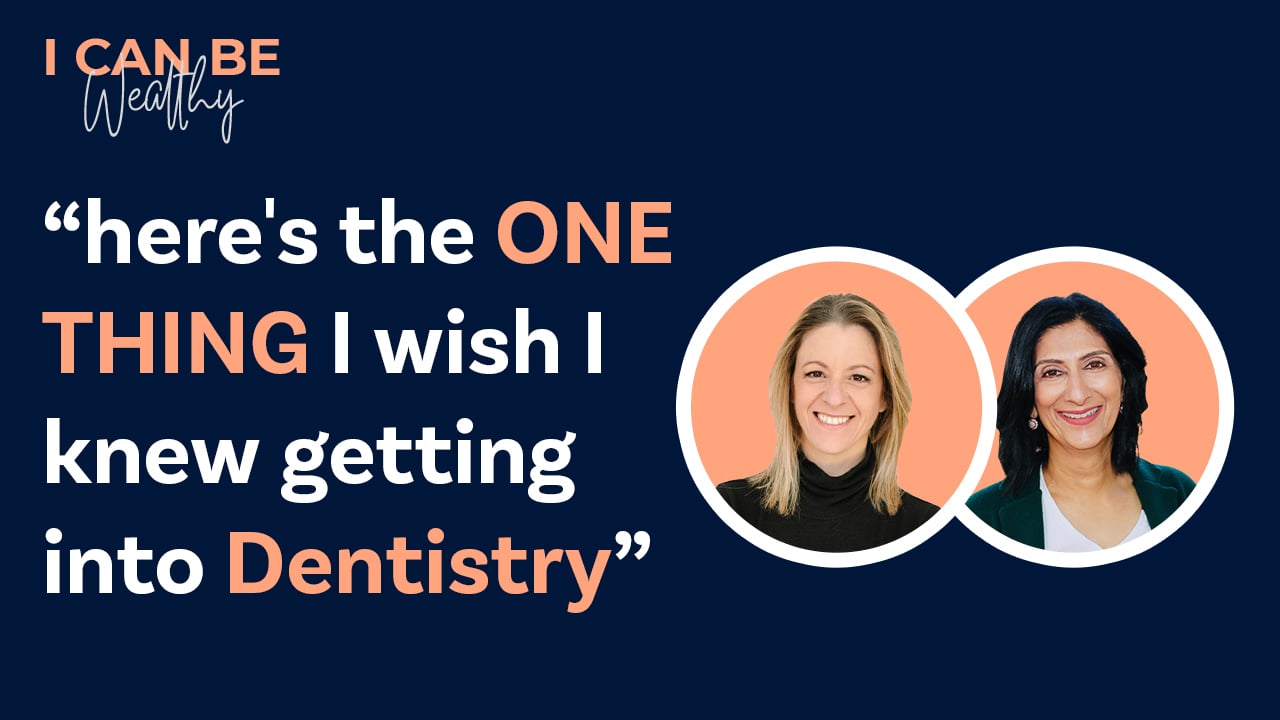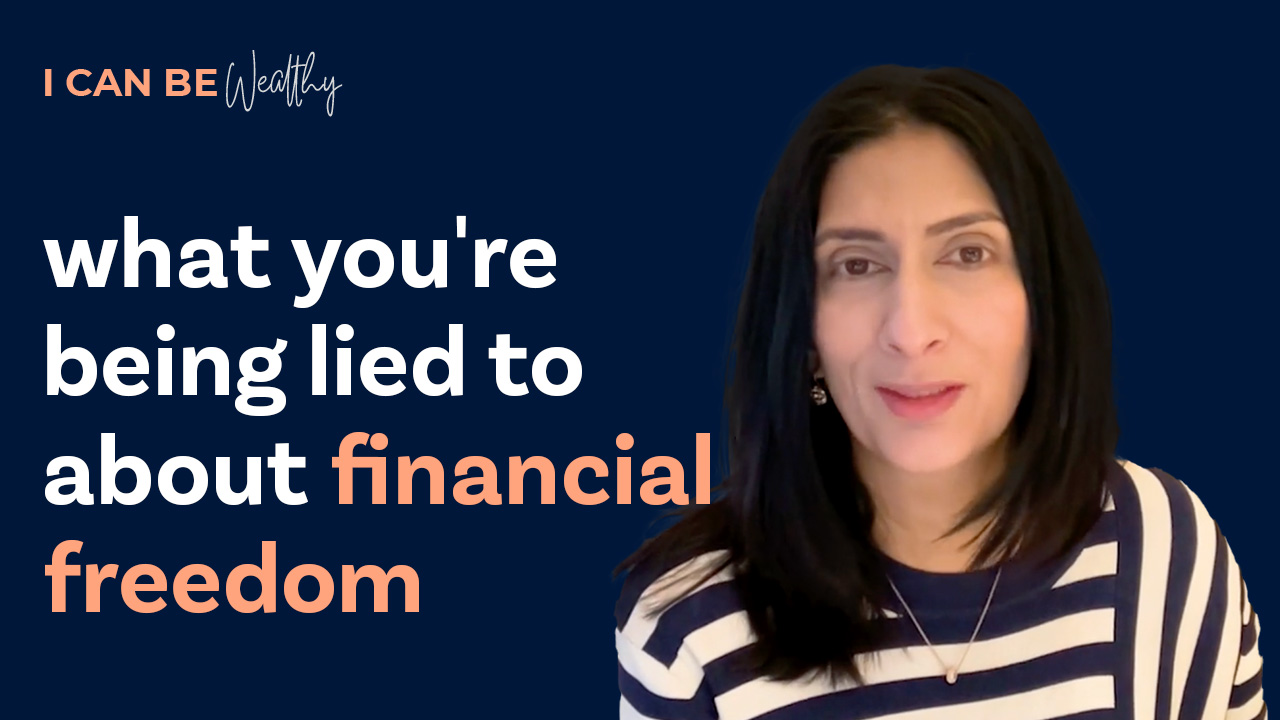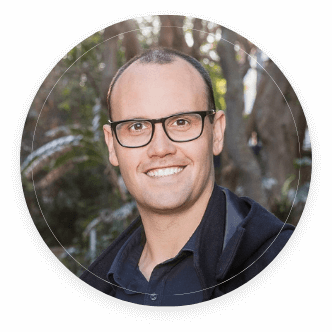When I was starting out on my wealth-building journey over a decade ago, I immersed myself in investing education.
As an accountant by training, I had a solid grasp of financial concepts. However, no amount of theoretical knowledge could substitute for the life-changing wisdom I gained from the ultra-wealthy mentors I met along the way.
Like many, I dabbled in various investing strategies – trading shares, options, futures, index funds, flipping properties, and more.
But the returns never quite matched my lofty goals of achieving financial freedom and leaving the rat race behind.
That’s when I stumbled into alternative real estate investments, and a whole new world opened up.
Through persistence and gradually worming my way into multi-millionaires and billionaires’ inner circles, I forged priceless relationships.
Behind closed doors, my new mentors and I built a rapport over long conversations. And in their understated, quiet way, they imparted insights that profoundly shaped my financial trajectory.
You won’t find these principles plastered on billboards or bandied about in mainstream media.
But when implemented well, they create empires, build legacies, and set mavericks apart from the pack. I’ve seen a quantum leap in my own results after one such lightbulb moment.
Now, I’m thrilled to distil five key ideas that changed everything for me – so they can do the same for you.
Lesson 1: Align With Those Who Have the Results You Want
I’ve always firmly believed that we become like the people we surround ourselves with.
But it took me years to truly grasp how pivotal my connections were in catapulting my wealth.
Ultra-high net-worth individuals don’t just have fat bank balances – they have a different mindset wired into their brains.
One that manifests money.
When I set out to hunt down mentors over a decade ago, I wasn’t seeking out the rich and famous.
I was fixated on unearthing those with the results I wanted – financial freedom and the ability to step away from the rat race. Quietly going about building their empires and legacies.
Behind closed doors, those ultrawealthy people imparted their secrets. I soaked up their knowledge like a sponge – from investing strategies to the mental tricks that rewired my brain for abundance.
When I analysed my wealth trajectory, there was a clear inflection point – a moment when my results took off exponentially.
It all traced back to the company I started keeping. My thinking changed because my inner circle had changed.
I’m not suggesting you ditch friends who don’t care about money. Nor is this about surrounding yourself with just a few mentors.
It’s about deliberately seeking out people who can drag up your average results by sheer virtue of their skills rubbing off on you.
Stay determined and tenacious about connecting with those you aspire to be like. Reach out to experts with an online presence first, then keep widening your sphere of influence. Mastermind groups, exclusive networks, paid coaching circles—leave no stone unturned.
Lesson 2: Never Abdicate Your Decision-Making
My mentors impressed upon me that it wasn’t enough to simply do my wealth homework. I had to be the ultimate decision-maker when it came to my money.
This lesson hit home when I reflected on investments that had gone awry earlier in my journey.
Enthralled by a compelling story or tantalised by the promise of high returns, I handed over the reins more than once.
I followed advice blindly, not questioning underlying assumptions or whether the risk profile aligned with my goals.
The fallout was far-reaching. Not only did I lose capital, but missed opportunities compounded the loss.
While my money languished in lacklustre investments, it could have earned handsome returns elsewhere.
When a multi-millionaire mentor reiterated this principle, it struck a chord – no one cares about my money as much as I do.
So, the responsibility lies with me to research thoroughly, ask hard questions, and make the final call.
Over time, I’ve developed investing commandments tailored to my risk appetite.
These guideposts steer me away from deals that fail the sleep-at-night test, no matter how attractive the upside.
It’s tempting to outsource decision-making or take shortcuts when inundated.
But it’s clear that abdicating control over my financial destiny imperils the legacy I’m working hard to build. And that’s a compromise I’m no longer willing to make.
Lesson 3: Analyse Wins and Losses
I’ve had my fair share of blows in my wealth-building journey – failed deals that left gaping holes in my portfolio.
Early on, I brushed them off as bad luck or circumstances beyond my control.
But my mentors impressed upon me the critical importance of analysing setbacks.
Their advice was to not just heal your wounds and sulk but also go deep and unearth the mental traps that led you astray.
Their advice hit home as I traced past stumbles back to cognitive biases clouding my judgement.
Like the alluring narrative that sucked me into a problem-plagued development site, costing double the initial budget.
Or the fear of missing out on an attractive multifamily apartment deal that failed to weather unforeseen headwinds.
I use a journal to unpack these moments of financial folly, as painful as they might be.
Why did red flags get dismissed amidst rosy projections? What mental shortcuts paved the path to a loss-making investment?
The lessons embed themselves into my consciousness, steering me away from similar missteps.
I apply the same rigour to dissecting windfalls, too. When deals pan out better than expected, was it skill or luck at play?
Teasing out the exact formula behind success prevents my ego from getting inflated and grounds me in the realities of building wealth.
The more you can shine a light on financial decisions gone awry, the better your chances of sidestepping such pratfalls – even if it means confronting some uncomfortable truths about your own limitations as an investor.
Lesson 4: Focus on Capital Preservation and Compounding
When I was a newer investor, I’d pore over deals, homing in on projected yields rather than asking more probing questions.
It was a rocky road filled with potholes until one of my ultra-wealthy mentors set me straight.
They taught me to forget about returns for a minute and worry about not losing money first.
It was sage advice that took me time to fully absorb. But once I did, it led to a monumental shift – where I began assessing opportunities through a completely different lens.
Soon, I passed on deals with tantalising upsides that failed the “sleep at night” test.
The ones where my spidey senses tingled with uncertainty or the numbers seemed predicated on best-case scenarios.
In their place, I focused on options offering reasonable yields where my capital would remain intact.
It wasn’t just about tamping down greed, as I discovered.
Chasing the highest returns often meant compromising on other facets – less liquidity, higher risk, and inadequate transparency.
If things went south, the losses could be immense at a time when I had little room for error.
I also learned the virtue of consistency above all else.
As legendary investors like Warren Buffett emphasise – it’s not about hitting home runs as much as constantly getting on base.
Sustainable returns may not make headlines but compound into something formidable over decades. That’s the holy grail.
Lesson 5: Track and Measure
I’ve always been a numbers person, tracking my net worth and reviewing financial statements.
Yet I’ve learned from ultrawealthy people that obsessing over one metric alone paints an incomplete picture.
We can go beyond just tallying assets and liabilities to assess lifestyle factors and leverage.
The key is not to micromanage but to periodically zoom out and review progress.
Wealth compounds slowly over decades, and sweating day-to-day turbulence will drive you crazy.
I find value in an annual check-in, comparing key indicators to prior years.
Where did my trajectory veer off course, and what could I improve? Am I moving the needle on lifestyle, leverage and asset growth at a clip that aligns with my definition of financial freedom?
The answers reshaped my priorities and game plan for the coming year.
And over time, the magic of compounding and the right discipline keeps me headed steadily towards my goals.
Final Words
Reflecting on the seismic shift in my wealth-building journey, it all traces back to a pivotal moment – when I opened my mind and inner circle to ultra-high-net-worth mentors.
Behind closed doors, over long conversations, they imparted quiet wisdom. Not found in textbooks or bandied about in mainstream media.
I began implementing their principles without fully grasping the magnitude of change they would catalyse.
Only years later, as the compounding effects took hold, did I realise no amount of formal education could substitute for what I learnt in those exclusive rooms.
The five key ideas shared here made a multimillion-dollar difference to my net worth.
More than that, they birthed clarity on how to build a legacy and empire that outlasts me. I invite you to soak them in conceptually and how you apply them in your unique journey.
If you feel frustrated that conventional wisdom isn’t moving the needle, be tenacious about surrounding yourself with talented mentors.
Let these principles seep into your consciousness and transform your mental models around money. Then, watch as your financial trajectory inflects over the coming years.
I’m rooting for your success and hope you’ll come back one day with inspiring stories of your own!









